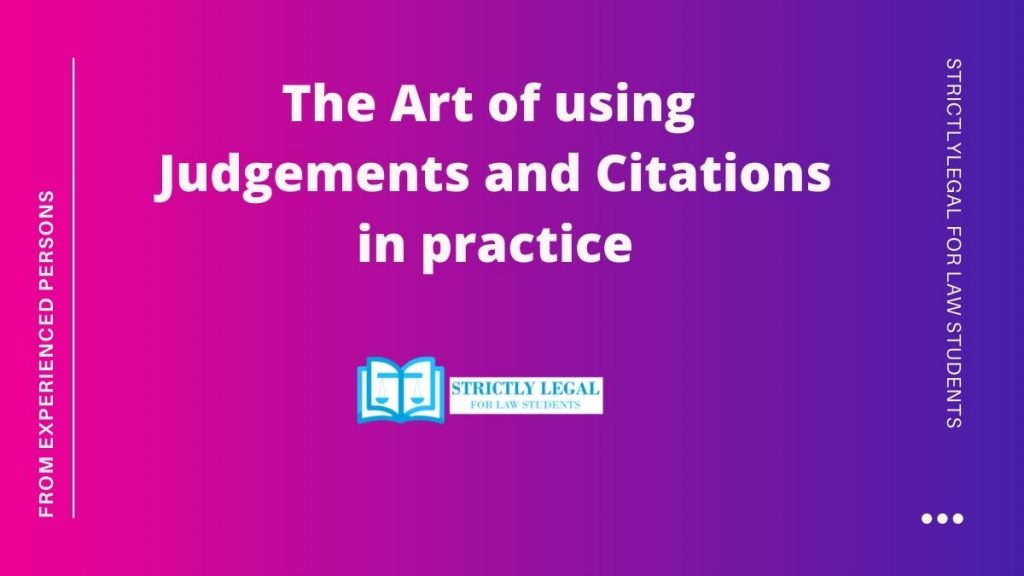Sale Deed Agreement Registration in Siliguri
A sale deed agreement is a legal document that is executed when a property is sold or transferred from one person to another. The sale deed agreement contains all the details of the property being sold, such as the description, location, and size, as well as the terms and conditions of the sale. The registration […]
Sale Deed Agreement Registration in Siliguri Read More »







